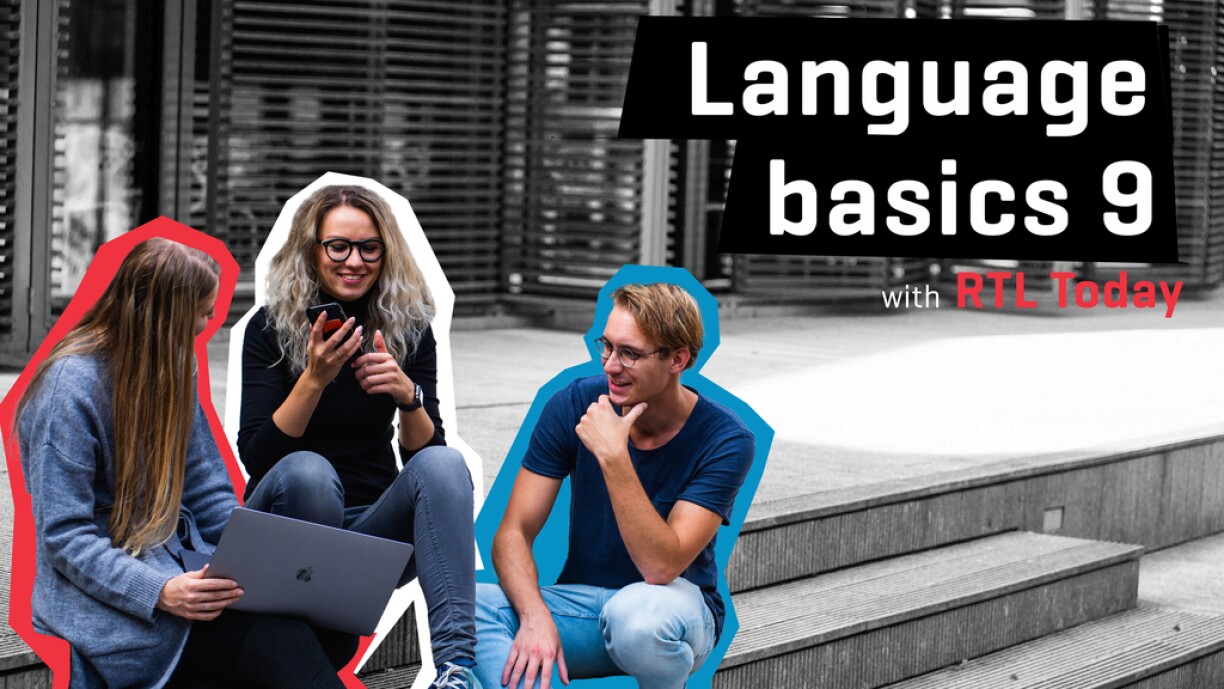
Welcome back to another language basics lesson! This article is a direct follow-up to our last lesson on the verb ‘to be’ or sinn – if you’ve missed that or want to refresh your memory, you can find it here.
Similarly to sinn, the verb ‘to have’, or hunn in Luxembourgish (no relation to the nomadic warriors, as far as we know), is another one of those verbs that you’ll eventually have to get familiar with if you want to speak a language confidently
Hunn is also an auxiliary verb, and we will come back to those when we’ll eventually talk about the past tense in Luxembourgish. And as you might have guessed already, in addition to all of that, hunn is also a highly irregular verb. So, without further ado, let’s have a look at its present tense forms:
hunn (to have)
Präsens Present
Ech hunn (I have)
Du hues (You have)
Hien / Hatt / Et huet (He / She / It has)
Mir hunn (We have)
Dir hutt (You have)
Si hunn (They have)
The verb hunn is also another one of the few Luxembourgish verbs to have a simple past form that is commonly used in everyday conversation:
Präteritum Simple Past
Ech hat (I had)
Du has (You had)
Hien / Hatt / Et hat (He / She / It had)
Mir haten (We had)
Dir hat (You had)
Si haten (They had)
Congratulations! After the last three language basics lessons, you now know how regular and irregular verbs are formed, some of the most common forms of the auxiliary verbs sinn and hunn as well as the simple past forms for these verbs.
And even if you don’t know everything by heart, just being aware of these bits and pieces of Luxembourgish grammar will come in handy when working with our phrases – once again, a big high-five to you for reading beyond the main lessons!
Before you leave, don’t forget to have a look at our extensive vocabulary list for the core lesson:
Basic Ailments
the cold → de Schnapp
the cough → den Houscht
the sore throat → den Halswéi
the headache → de Kappwéi
the fever → d’Féiwer
the stomachache → de Bauchwéi
the toothache → den Zännwéi
the infection / inflammation → d’Entzündung
the rash → den Ausschlag
the stiff neck → den Tortikolli
Body parts
the head → de Kapp
the ear(s) → d’Ouer(en)
the eye(s) → d’A(en)
the nose → d’Nues
the mouth → de Mond
the lip(s) → d’Lëpp(en)
the neck / throat → den Hals (if you mean the backside of your neck: d’Nuque)
the chest → d’Broscht
the arm(s) → den Aarm / d’Äerm
the hand(s) → d’Hand / d’Hänn
the finger(s) → d’Fanger(en)
the belly / stomach → de Bauch
the leg(s) → d’Been (plural same as singular)
the foot / feet → de Fouss / d’Féiss
the toe(s) → d’Zéif / d’Zéiwen
Medicinal requirements
the medicine → d’Medikament
the insulin → den Insulin
the pill → d’Pëll
the syrup → de Sirop
the painkiller(s) → den Analgetikum / d’Analgetika (also: den Analgesique / d’Analgesiquen)
Language Basics 1 – Counting, countries, and d’, de, den
Language Basics 2 – Grammatical gender
Language Basics 3 – The difference between ‘op’ and ‘bei’
Language Basics 4 – Counting beyond 100
Language Basics 5 – Ordinal numbers
Language Basics 6 – Formal and informal speech
Language Basics 7 – Regular and irregular verbs
Language Basics 8 – The verb ‘to be’ (sinn)